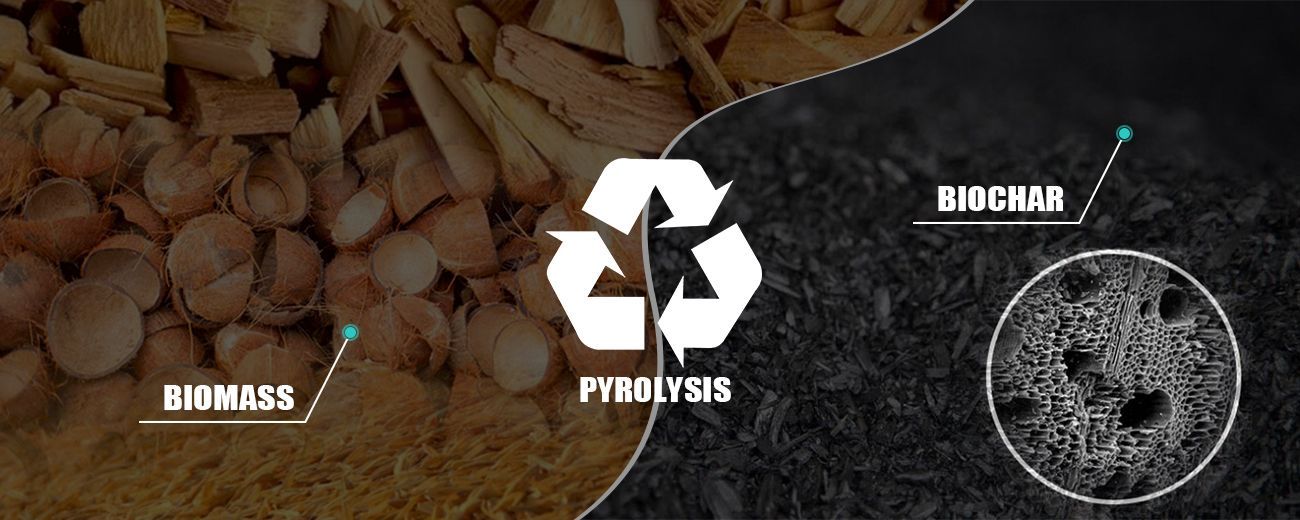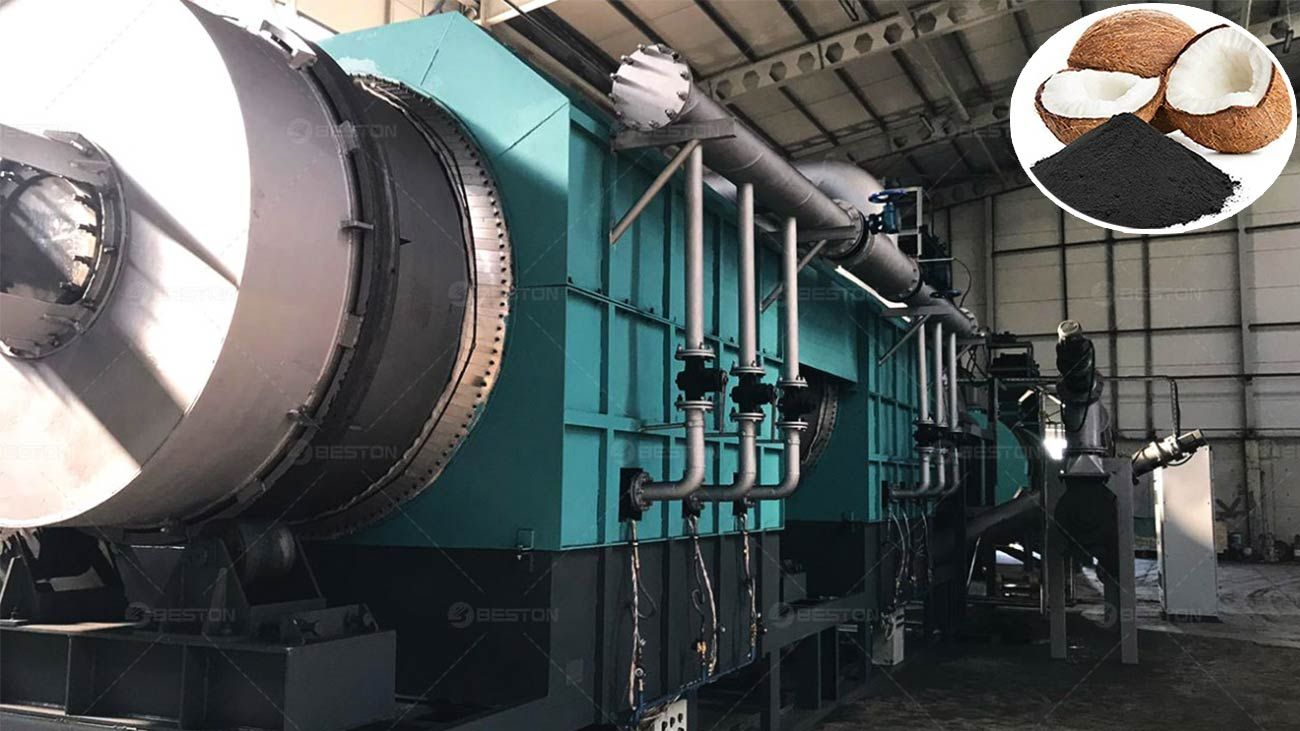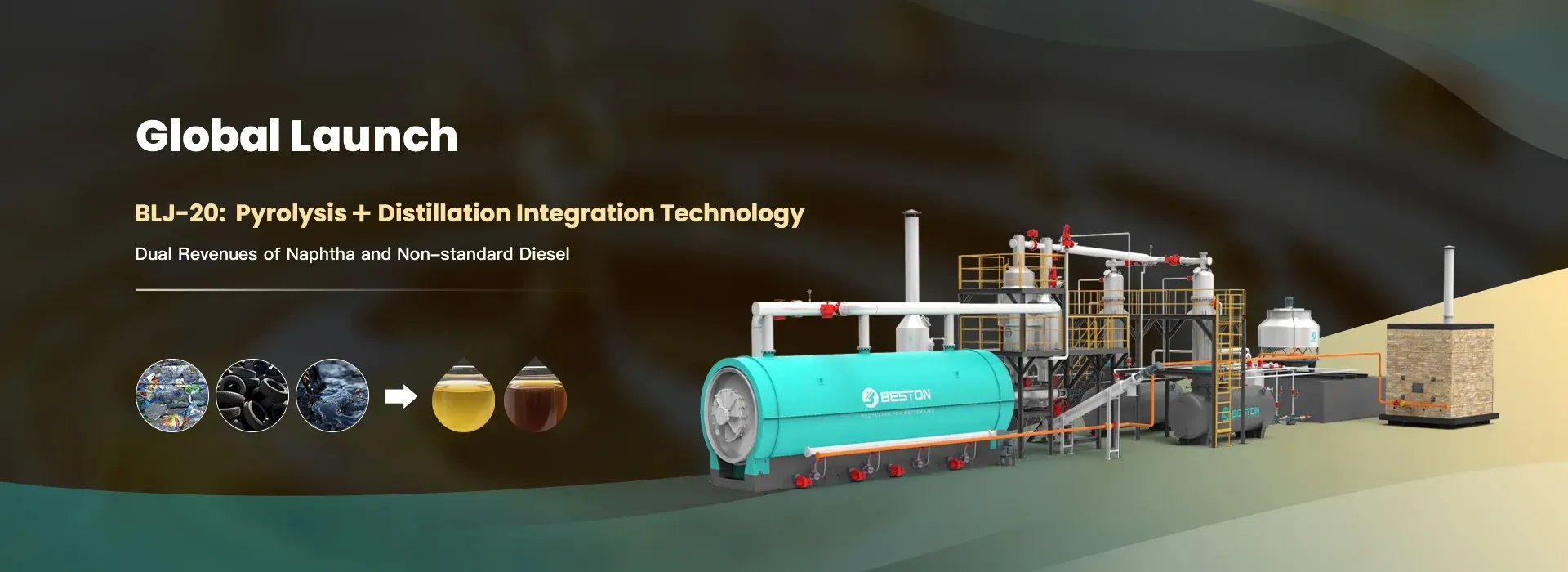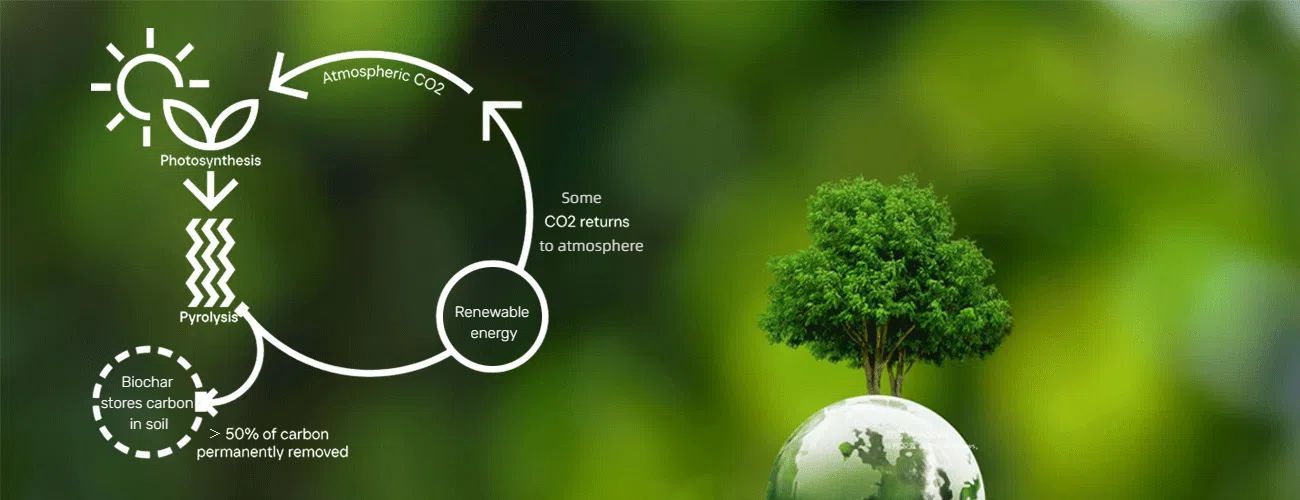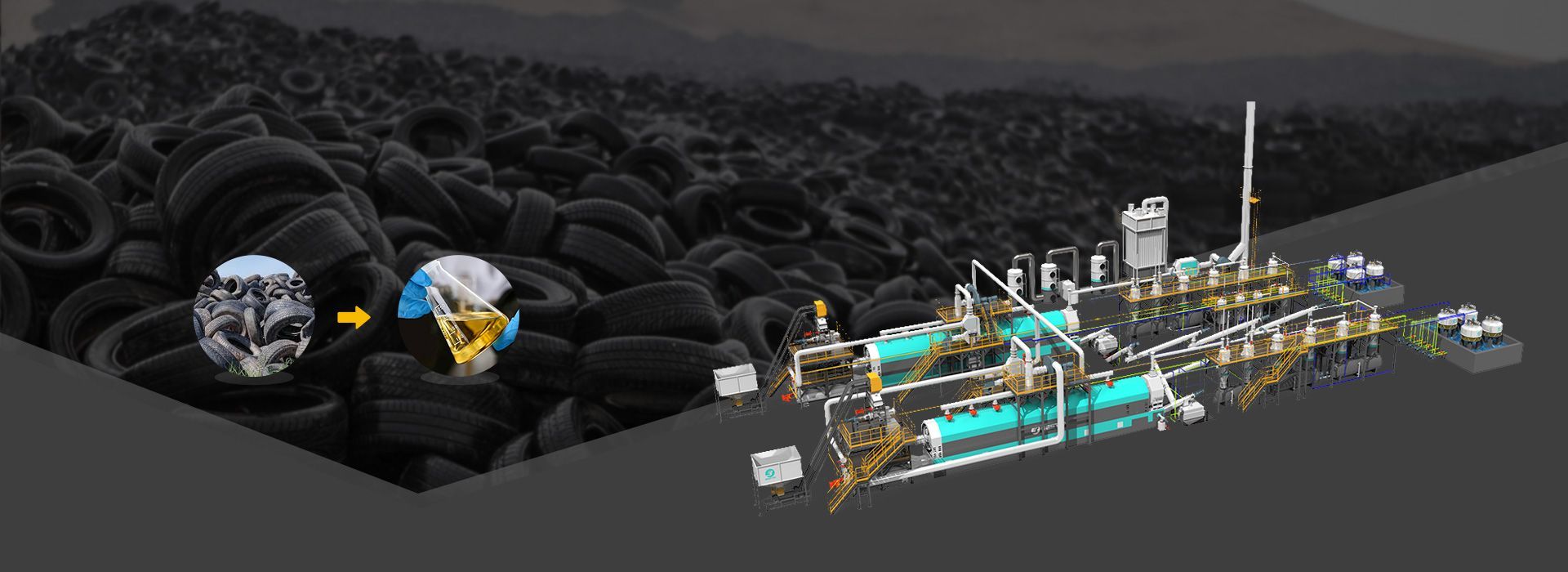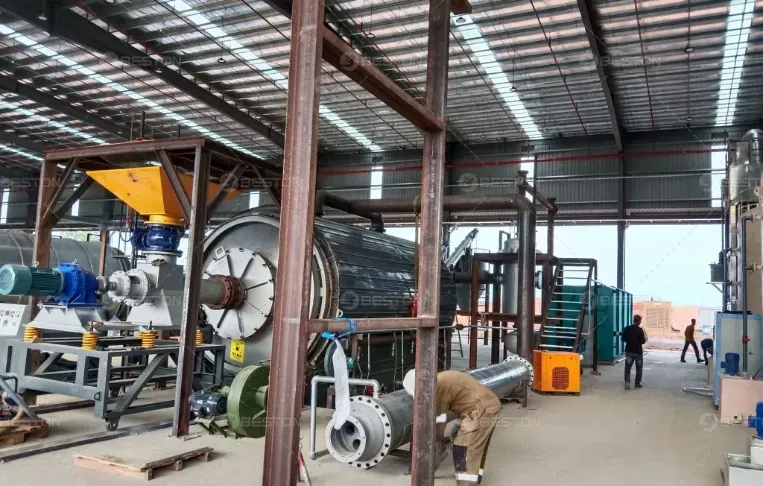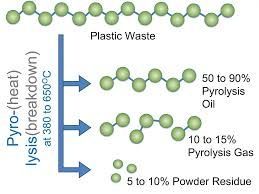Why Thermal Desorption Units Applied to Oil Sludge Can Achieve Harmless Treatment
Thermal Desorption Achieve Oil Sludge Harmless Treatment
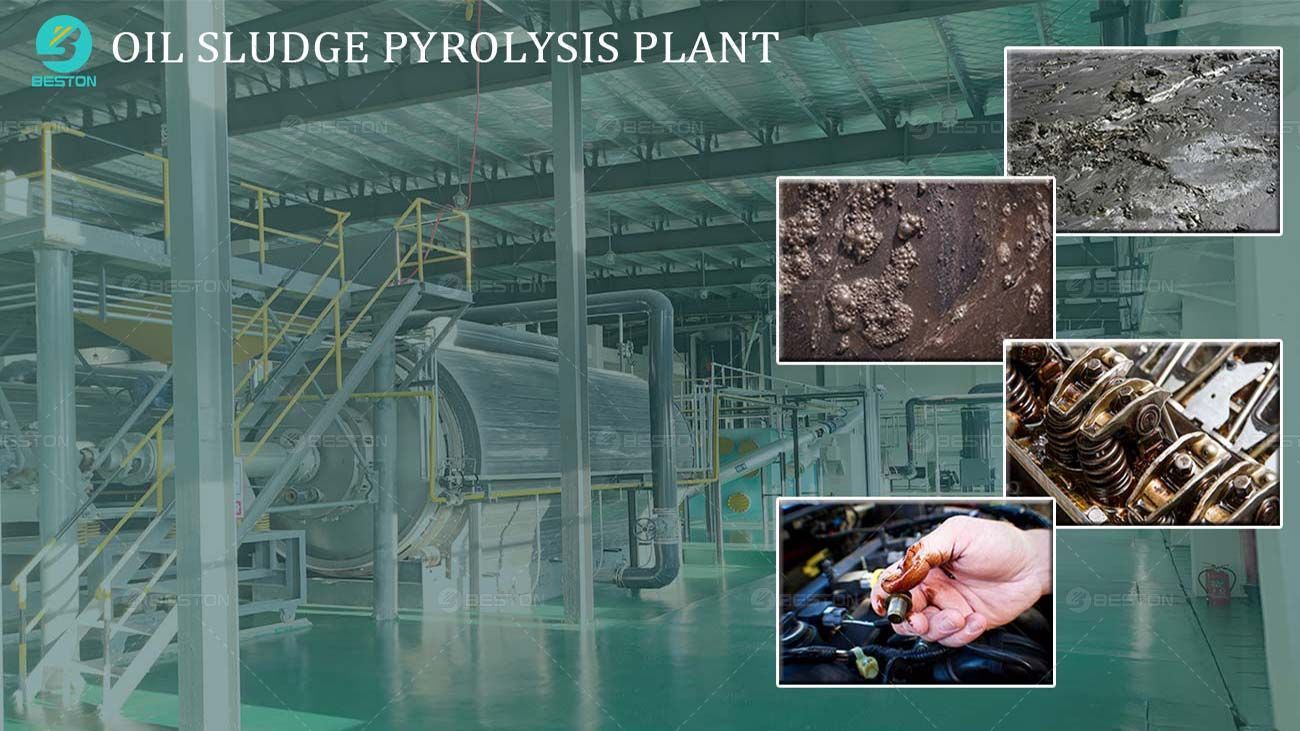
Oil sludge, a byproduct of oil extraction and refining, poses significant environmental challenges due to its complex composition, which often includes harmful hydrocarbons and heavy metals. Traditional disposal methods can lead to soil and water contamination, making the need for safe and effective treatment crucial. One promising solution is the use of Thermal Desorption Units (TDUs). This article explores why TDUs are effective for the harmless treatment of oil sludge.
What is Thermal Desorption?
Thermal desorption is a process that uses heat to remove contaminants from solid or semi-solid materials. In the context of oil sludge, TDUs heat the sludge to elevated temperatures in a controlled environment, facilitating the evaporation of volatile organic compounds (VOCs) and other harmful substances. The cleaned material can then be safely disposed of or reused.
Why TDUs Are Effective for Oil Sludge Treatment
Efficient Contaminant Removal : Thermal desorption unit effectively vaporize harmful hydrocarbons and other volatile compounds present in oil sludge. The heat causes these contaminants to evaporate, allowing for their capture and treatment, significantly reducing the toxic load of the sludge.Controlled Process : The thermal desorption process is conducted in a controlled environment, minimizing the risk of releasing harmful substances into the atmosphere. Advanced emission control technologies are often integrated into TDUs to filter and treat any gases produced during the process.
Versatility : TDUs can treat a wide variety of oil sludge compositions, making them suitable for different industries, including oil and gas, petrochemicals, and manufacturing. This adaptability allows for the effective handling of various types of waste.
Volume Reduction : By removing volatile components, TDUs significantly reduce the volume of oil sludge, making it easier and more cost-effective to manage. The resulting solid residue can often be safely disposed of or repurposed.
Resource Recovery : The thermal desorption process can recover usable products, such as oil and gas, from the treated sludge. This not only minimizes waste but also helps recover valuable resources, contributing to a more sustainable approach to waste management.
Compliance with Regulations : The use of TDUs aligns with environmental regulations that mandate the safe treatment and disposal of hazardous materials. By effectively reducing harmful substances, TDUs help facilities meet regulatory requirements and avoid potential fines.
